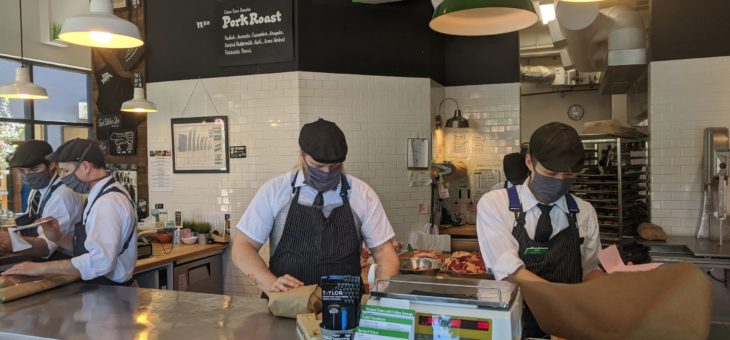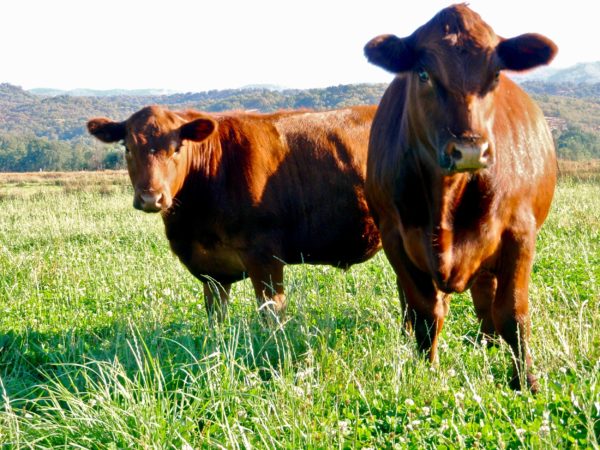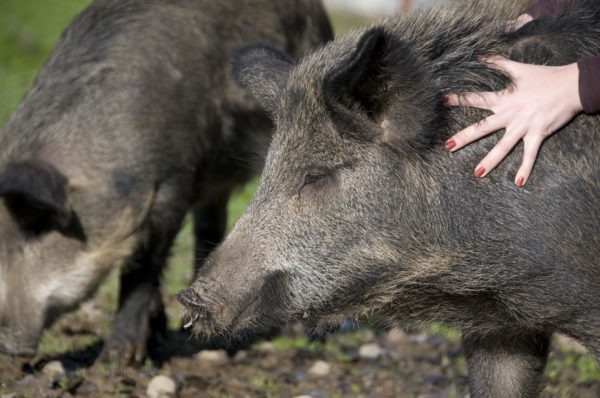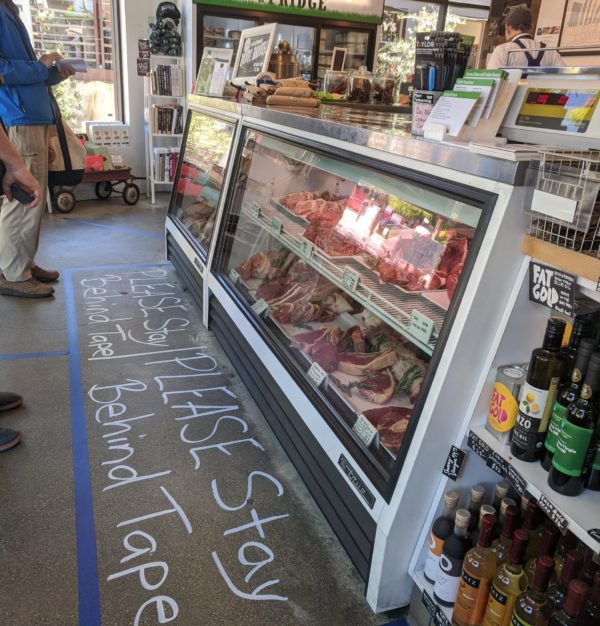
If you ask our customers why they choose to eat organic, locally-raised meat, you’ll probably get a lot of different answers. Some people do it for environmental reasons, some people do it for health, and just about everyone will tell you that they do it because clean, fresh meat simply tastes amazing. At The Local Butcher Shop we talk a lot about keeping things small: small family ranches, minimal packaging, a short supply chain to ensure freshness. But despite everything we do, we’re also citizens of the larger world and right now the Covid-19 epidemic is reminding us how interconnected everything is. If you’re watching the news you’ve probably heard about meat shortages, coronavirus outbreaks at packing plants, and a supply chain that is stressed to its breaking point, and you’re probably wondering how all that is impacting us.
So here’s what’s new at our shop: Nothing.
Well, that’s not exactly right; we’ve made some changes in our sanitary protocols and we’re not letting multiple people into the store at once, but as for the basics—the real core values of how we get meat from the pasture to your table—we’re doing things the way we always have, because it was better and safer to begin with, and that’s even more true now.
“This virus is exposing some problems with the industrial meat supply that we’ve known all along,” says Aaron Rocchino, co-owner of The Local Butcher Shop. “With the large processors, meat gets killed, cut and packed at a slaughterhouse through a giant human assembly line, then it moves from one distributor to another, then it goes onto a truck and gets touched a few more times as it moves into the store. It’s just too many locations, way too many hands. Honestly I feel terrible for someone who works for one of the bigger guys and feels like they have no other option than to go to work and subject themselves to a situation like that.”

The ranchers we work with are small scale, often family operations. They know their employees and they care about them as individuals, which is something that should go without saying in any workplace, but just isn’t possible when you’ve got a hundred part-timers working shoulder to shoulder like the big operators in the Midwest. Our ranchers are monitoring themselves and their employees closely and so far we haven’t had any issues with our supply chain. “We always assumed that the big guys would crush us with the speed and reach of their processing and distribution systems,” Rocchino says, “but we’re finding instead that their size means they can’t adjust, can’t be nimble, can’t make the changes that this new situation demands.”
We’re working with the same small producers we’ve always worked with, people like Mac Magruder and his family, who raise pigs, sheep, and cows on 2300 clean, wide-open acres in Mendocino County. We’ve got multiple producers for each type of meat, and we keep the direct lines of communication open at all times. The industrial-scale butcher shops and grocery stores go through middle men who have to provide a certain number of pounds per week no matter what. But our direct relationships let us source only what’s best at any particular time, what’s at its peak, what we know our customers are eager to buy.

One effect of the current situation is that a lot of what would normally go to restaurants is now available to us. “There’s only one hanger steak per cow,” says Rocchino, “so normally I might only get two of those in a week and I might not even be able to put them out in the case.” Now, twenty-pounds boxes of hangers are available to us and we can offer them to our customers as a special treat. Farmers plan months and years in advance, so when they have animals ready but no restaurants to sell to, that can be a problem. “We’re trying as hard as we can to help out, to take that meat off their hands and get it to our customers. We’re all keeping each other going, because the relationships we have with our ranchers last for years.”

The last few months have seen a big surge in business for us, which we take as a validation of the way we’ve always done things. “It’s been like Christmas week in here, every week, nonstop,” says Rocchino. “Everyone is working hard and holding up well, learning and growing in all the best possible ways.” All our employees are wearing masks, and we’ve maintained our rigorous hand-washing protocols. We’ve got clear social distancing markers for customers, and we’re washing our hands after every single transaction at the register, just like we always have. Instituting “porch pickups” and doing more delivery via Mercato has been a big success. Our longtime customers feel like stable old friends in an uncertain world, and we’re meeting lots of new customers too, looking for food they can depend on from a supply chain they can trust.
“For years people have been telling us that the local movement isn’t sustainable, that you can’t feed people at scale by doing what we’re doing,” says Rocchino. “And now everybody is jumping on the bandwagon because it’s clear that this was the right way to do things all along.” The world is changing quickly right now, but our core business model isn’t. Pure, clean meat, locally produced, from known suppliers you can trust. Some things just never go out of style.

Leave a Comment